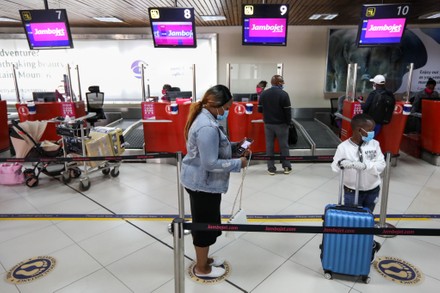The Kenya Revenue Authority (KRA) is taking a bold step to expand its tax base by integrating cryptocurrency transactions into its tax collection system. In a bid to capture the growing value of digital currencies, KRA announced plans to implement a real-time tax system that will track and record crypto transactions across various exchanges and marketplaces. This move is part of the authority’s strategy to modernize its tax collection efforts and tap into Kenya’s burgeoning cryptocurrency market, which has seen a significant rise in users and transaction volumes.
Kenya is home to an estimated four million cryptocurrency users, making it one of the largest markets for digital currencies in Africa. According to KRA, the value of crypto transactions in 2022 reached approximately $18.6 billion (KES 2.4 trillion), a figure that surpasses the amount handled by some commercial banks in the country. Despite this, the KRA has faced challenges in taxing these transactions due to outdated systems and the unregulated nature of the crypto sector.
To address these challenges, the new tax system will integrate directly with cryptocurrency exchanges, allowing KRA to track detailed information on crypto transactions. “The system shall capture transaction details, including transaction date, time, type, and value,” KRA said in its tax collection strategy for the financial year 2024/25. This integration will enable the tax authority to monitor crypto activities in real time, ensuring that earnings from cryptocurrency transactions are properly taxed under Kenya’s Income Tax Act.
The rise of cryptocurrency in Kenya, particularly through peer-to-peer (P2P) platforms, has allowed many users to bypass regulatory oversight. Most crypto traders in Kenya use mobile money services to conduct transactions, which makes it difficult for authorities to track and tax these activities. KRA acknowledged that the absence of a modern monitoring system has resulted in “significant revenue loss for the government.” By implementing a more robust system, KRA hopes to recover this lost revenue and ensure that crypto earnings are taxed in line with other forms of income.
While cryptocurrency remains largely unregulated by key Kenyan authorities such as the Central Bank of Kenya (CBK) and the Capital Markets Authority (CMA), its popularity continues to grow, with global exchanges like Binance and Coinbase offering services in the country. However, the lack of clear legal guidelines for cryptocurrency exchanges in Kenya presents challenges for KRA’s proposed system. The authority noted that the integration process could be complicated if the legal status of crypto platforms is not clarified.
In 2023, an amendment to the Capital Markets Act was introduced in Kenya’s National Assembly, proposing the imposition of a capital gains tax on cryptocurrency exchanges and excise duties on crypto transactions. Although the bill received approval from the National Assembly’s finance committee, it is still pending further legislative approval.
The cryptocurrency market in Kenya, known for its volatility, has attracted a wave of young traders seeking quick profits, despite warnings from regulators about the high risks associated with digital currencies. However, the rapid adoption of crypto in the country is also driven by other factors, such as lower transaction fees, faster processing times, and decent internet penetration. Many Kenyans use cryptocurrencies for savings, remittances, and commercial purposes like paying for goods and services, according to blockchain analytics firm Chainalysis.
With the potential to unlock significant tax revenue, KRA is eager to implement its new system and bring cryptocurrency transactions under the tax net. The authority emphasized the need for an efficient system that can adapt to the fast-changing nature of the crypto market, ensuring that it can effectively track transactions and collect taxes in a timely manner.














Leave a comment